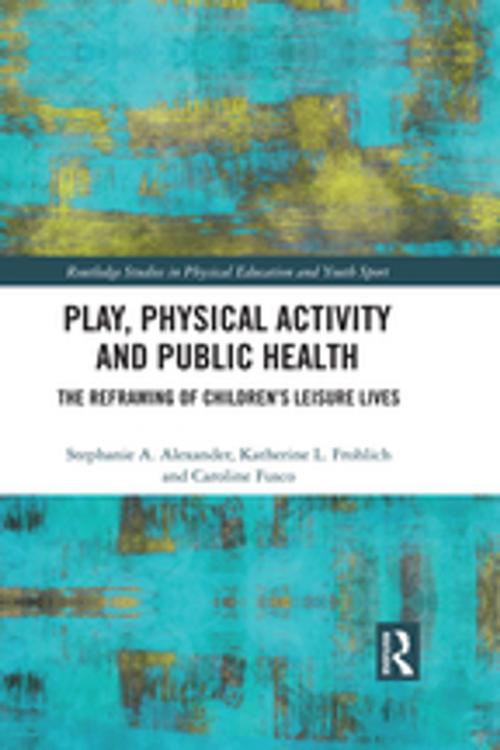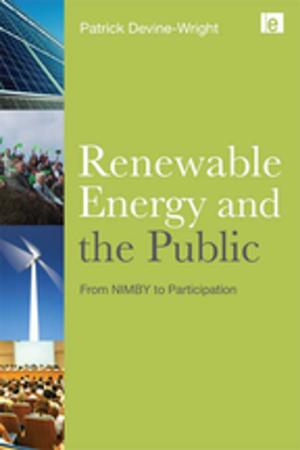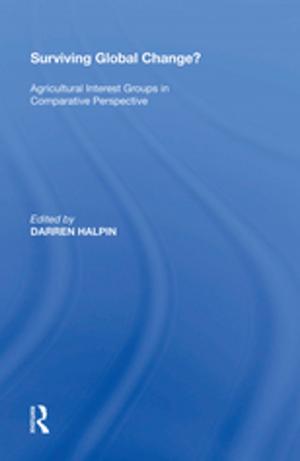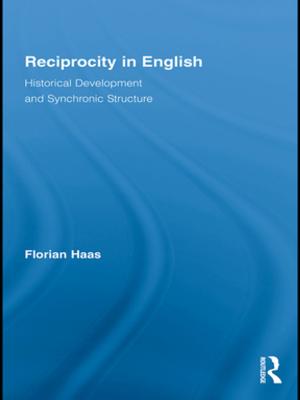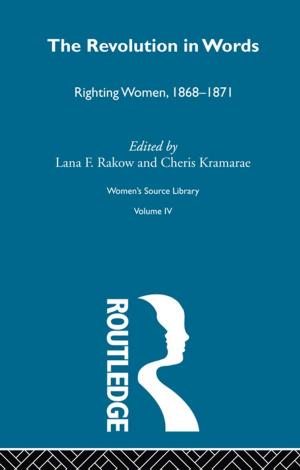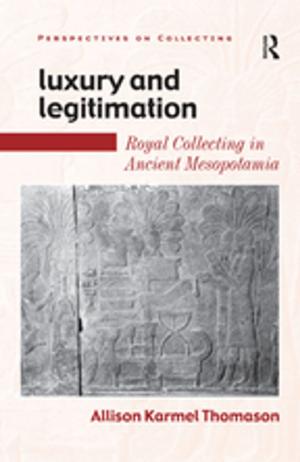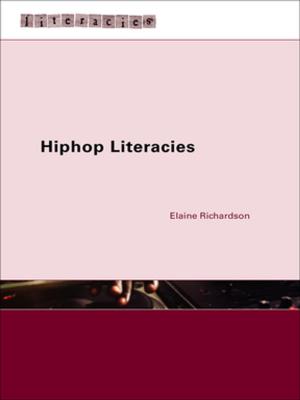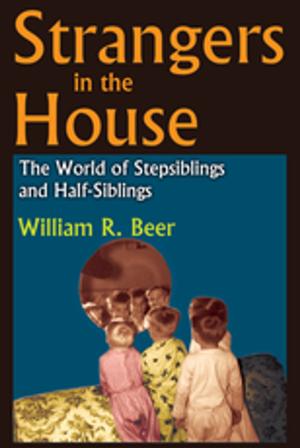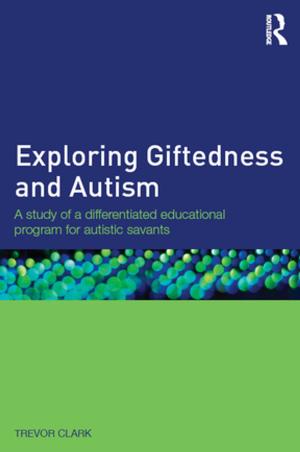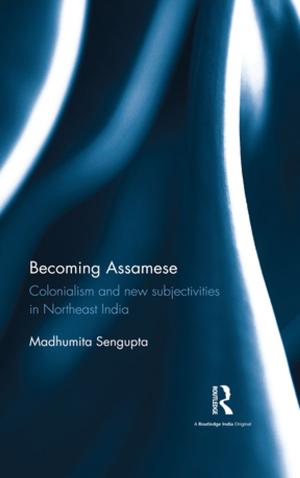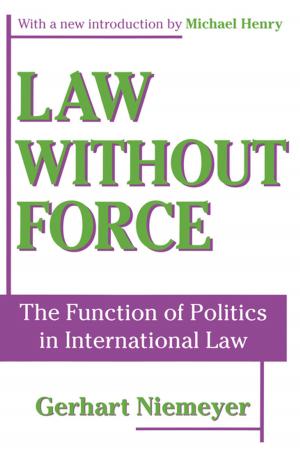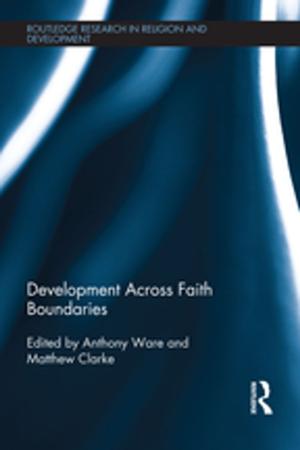Play, Physical Activity and Public Health
The Reframing of Children's Leisure Lives
Nonfiction, Reference & Language, Education & Teaching, Teaching, Physical Education, Sports, Reference, Health & Well Being, Health| Author: | Stephanie A. Alexander, Katherine L. Frohlich, Caroline Fusco | ISBN: | 9781351971690 |
| Publisher: | Taylor and Francis | Publication: | July 11, 2018 |
| Imprint: | Routledge | Language: | English |
| Author: | Stephanie A. Alexander, Katherine L. Frohlich, Caroline Fusco |
| ISBN: | 9781351971690 |
| Publisher: | Taylor and Francis |
| Publication: | July 11, 2018 |
| Imprint: | Routledge |
| Language: | English |
Are children playing less than they used to? Are rising obesity rates linked to a decline in children’s time to play freely? These and other related questions have filled the pages of newspapers, magazines and scholarly journals for the past decade. Researchers and journalists have attributed these issues to societal changes around children’s lives and leisure, the growth of structured and organised activities and increasing perceptions of risk in children’s play. Play, Physical Activity and Public Health presents a discussion of the way modern notions of play are rendering children’s leisure activities less free and less engaged in simply for fun.
Based on original qualitative research, and analysis of contemporary media from Canada and elsewhere, this book argues that the growing health concerns around childhood play entail a paradox: by advocating, promoting, discussing, and re-directing children’s play, a new form of children’s leisure is emerging - one that is purpose-driven, instrumentalised for health, and ultimately, less free. We explore how play has become goal-oriented, a means to health ends, and how the management of pleasure in play as well as diverse risk discourses around play continue to limit and constrain possibilities for children and families to play and engage in leisure freely. Incorporating past critiques of this trend in play, we argue for research and practice to create new possibilities and ways of thinking about children's play, leisure, fun and childhood, that are less constrained and managed, and importantly less geared towards health goals.
This is a valuable resource for students of the sociology of sport, kinesiology, sports and health psychology, education, public health, and childhood studies. It is also an important read for school teachers, public health practitioners, psychologists, physical education teachers, academics and parents interested in how children’s leisure lives are being shaped by the growing and diverse discussions around play.
Are children playing less than they used to? Are rising obesity rates linked to a decline in children’s time to play freely? These and other related questions have filled the pages of newspapers, magazines and scholarly journals for the past decade. Researchers and journalists have attributed these issues to societal changes around children’s lives and leisure, the growth of structured and organised activities and increasing perceptions of risk in children’s play. Play, Physical Activity and Public Health presents a discussion of the way modern notions of play are rendering children’s leisure activities less free and less engaged in simply for fun.
Based on original qualitative research, and analysis of contemporary media from Canada and elsewhere, this book argues that the growing health concerns around childhood play entail a paradox: by advocating, promoting, discussing, and re-directing children’s play, a new form of children’s leisure is emerging - one that is purpose-driven, instrumentalised for health, and ultimately, less free. We explore how play has become goal-oriented, a means to health ends, and how the management of pleasure in play as well as diverse risk discourses around play continue to limit and constrain possibilities for children and families to play and engage in leisure freely. Incorporating past critiques of this trend in play, we argue for research and practice to create new possibilities and ways of thinking about children's play, leisure, fun and childhood, that are less constrained and managed, and importantly less geared towards health goals.
This is a valuable resource for students of the sociology of sport, kinesiology, sports and health psychology, education, public health, and childhood studies. It is also an important read for school teachers, public health practitioners, psychologists, physical education teachers, academics and parents interested in how children’s leisure lives are being shaped by the growing and diverse discussions around play.
